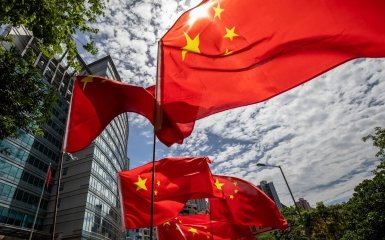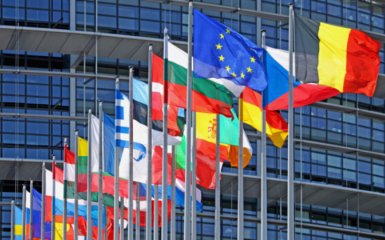Fighters of the Main Intelligence Directorate of the Ministry of Defense of Ukraine from the "Chemist" group attacked a Russian military base in Syria in the morning of September 15. According to military intelligence sources, the operation took place on the southeastern outskirts of Aleppo.
Points of attention
- DIU special forces conducted a successful attack on a Russian drone base in Syria, targeting key military facilities and disrupting enemy operations.
- The operation in Syria illustrates the growing vulnerability of Russian forces as part of their troops were transferred to Ukraine, creating new opportunities for Ukrainian special forces.
- Ukrainian fighters continue to carry out precision attacks on Russian military installations in Syria, showcasing their strategic partnership with local rebels.
- The cooperation between Ukrainian special services and Tuareg rebels in Mali highlights a broader intelligence-sharing network aimed at countering Russian influence in various regions.
- The recent video footage of the attack on the Russian base in Syria reveals the involvement of Ukrainian military intelligence and the impact of the explosive detonation on the enemy's assets.
DIU attack on the Syrian drone base: what is known
At this base, Russian troops manufactured and tested attack UAVs. In addition, the attacked base was used by the Russians to manufacture "camouflaged improvised explosive devices", the warheads of which were stored at the position attacked by the DIU special forces.
The exclusive video shows the symbols of Ukrainian military intelligence near the Russian base. Soon, an explosion occurs at the Russian facility, followed by the detonation of the ammunition.
The video also shows explosives that were previously placed inside the base.
Ukrainian special forces in Syria
According to sources in the special service, at the end of July 2024, the "Chemist" group carried out another complex attack on the positions of the occupation forces of the Russian Federation in Syria.
This time, the target of the attack was the military equipment of the Russians at the Kuveyres airfield, which they occupied, located east of Aleppo.
At the beginning of June this year, Ukrainian special forces attacked enemy checkpoints, strongholds, foot patrols and convoys of military equipment on the Golan Heights in Syria.
Then the rebels, with the support of Ukrainian fighters, carried out numerous attacks on Russian military facilities controlled by the so-called "group of forces of the Armed Forces of the Russian Federation in the Syrian Arab Republic."
Last fall, Moscow redeployed some troops and equipment from Syria to the battlefield in Ukraine, potentially making its forces in Syria more vulnerable to Ukrainian attacks in the region.
What is known about the cooperation of the Ukrainian special services with the Tuaregs in Mali
According to Le Monde journalists, Ukrainian special services cooperate with the Tuareg rebels in Mali, who oppose the army of the current government and the Russian mercenaries of the "Wagner" PMC.
Journalists of the publication, citing sources, note that the Ukrainian special services provide the Tuareg with the necessary intelligence and teach them how to fly drones.
We have ties with the Ukrainians, but just like with everyone else — the French, the Americans, and others — explains the insurgents' spokesman, Mohamed Elmaulud Ramadan.









